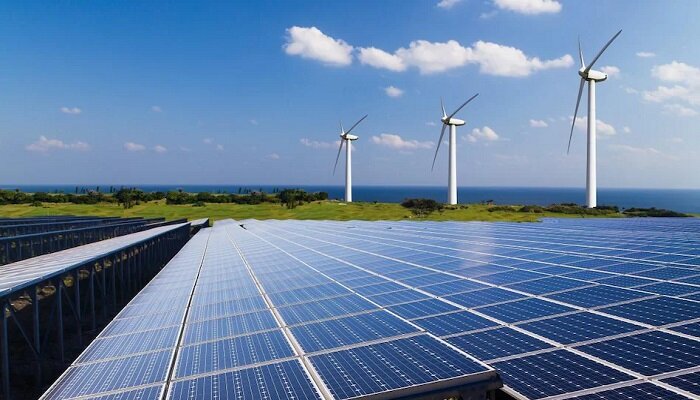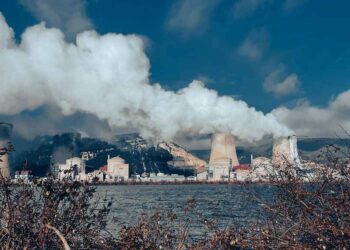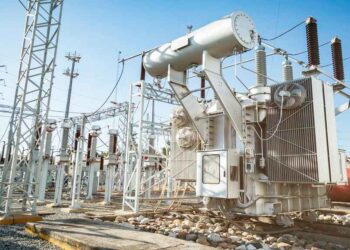Germany is planning to reduce and revamp the subsidies it pays to renewable energy producers due to increasing costs for the government. This move might contribute to uncertainty regarding future investments. Beginning January 2025, payments for medium and large projects will be terminated if electricity prices drop below zero, according to a draft budget law approved by the cabinet on Wednesday. Negative prices occur when power supply exceeds demand, such as when weather conditions cause peak wind and solar generation. The government currently guarantees minimum prices for renewable energy producers and has had to cover the difference as wholesale power prices declined during the energy crisis. It is estimated that the state will pay wind and solar operators up to €20 billion by the end of this year, double the amount forecasted by grid operators in October. Renewable energy plays a crucial role in Germany’s climate objectives, and the country aims for them to represent about 80% of power production by the end of the decade, up from approximately 50% at present. Decreasing subsidies could potentially lead to uncertainty regarding the operators’ future investments in projects. Previously, the government had planned to gradually phase out subsidies by 2027 when prices turn negative.
Additionally, the government pledged to reform future payments generally by shifting towards subsidies based on investment costs rather than a guaranteed output price. This is part of a broader effort to restructure the power market, construct new gas-fired plants, and establish a capacity mechanism by 2028. According to the draft law, renewable energy producers will cease to receive subsidies once the power market is sufficiently flexible and sufficient storage capacities are available. The government also proposed simplifying the process for renewable operators to market their own output. GP Joule, a renewables developer, expects the government to ensure reliability in these adjustments. Fabian Faller, the firm’s head of public affairs, mentioned that they would need to recalculate their costs if the awards are not dependable. Kerstin Andreae, chair of Germany’s energy group BDEW, emphasized the importance of implementing any changes to the support mechanism with adequate lead time. She went on to indicate that uncertain framework conditions could as well lead to a slump in the expansion when it comes to renewable energy systems.







































